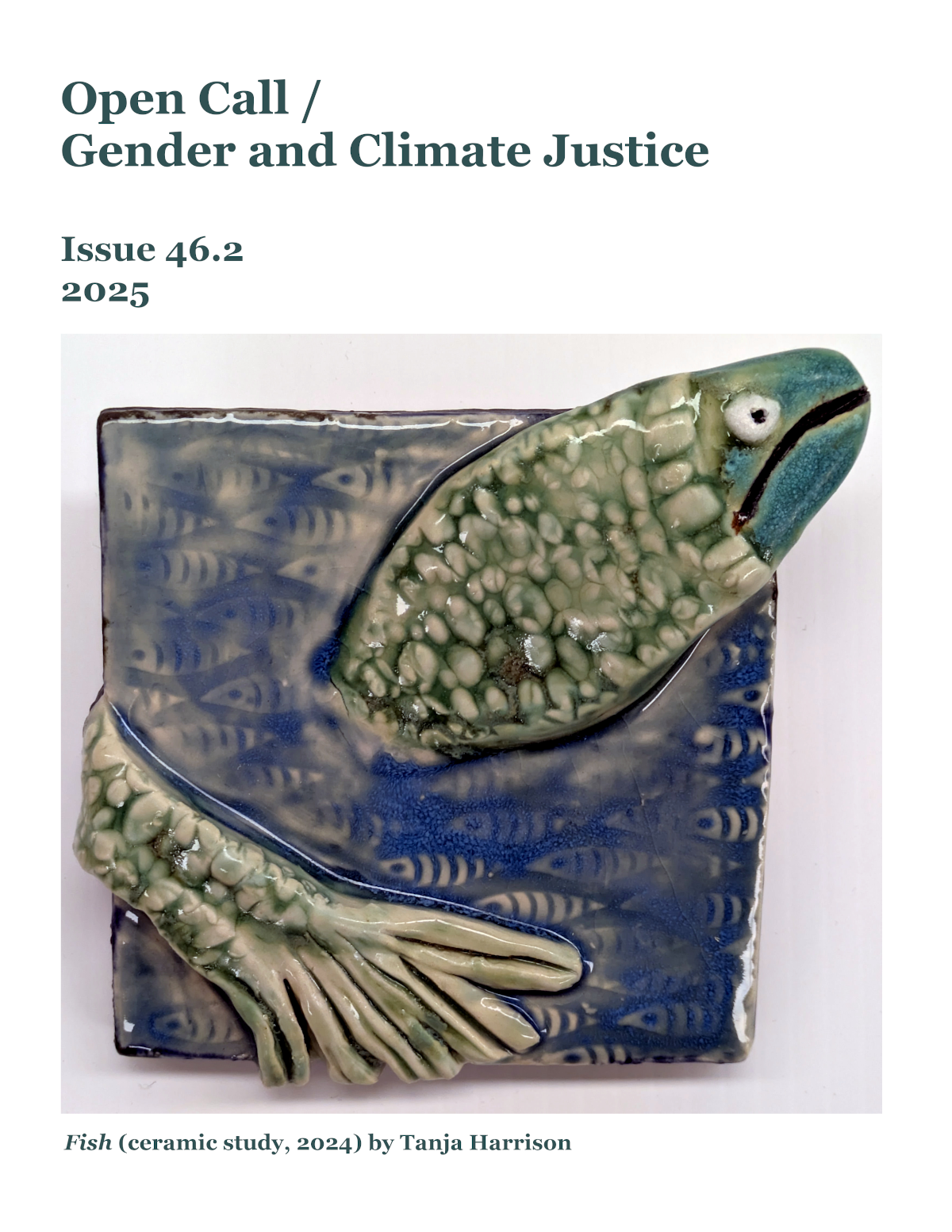S’approprier la psychologie queer
la valeur de l’intégration de la théorie queer et de la psychologie dans l’autoethnographie critique
Mots-clés :
LGBTQ+, théorie queer, psychologie, autoethnographie, pédagogie queerRésumé
Ce commentaire porte sur une thèse honorifique rédigée en 2024-2025 qui analysait l’expérience subjective du dévoilement de l’orientation sexuelle à l’âge adulte, au moyen d’une autoethnographie critique. La méthode utilisée, qui allie l’autobiographie et l’observation ethnographique, s’appuyait sur des cadres psychologiques et sur la théorie queer – une approche scientifique qui remet en question et cherche à déconstruire les suppositions hétéronormatives liées au genre et à la sexualité – pour analyser l’expérience de la première auteure quant aux changements de son orientation sexuelle survenus dans la trentaine. Les auteurs abordent les défis, ainsi que les avantages ultimes, d’associer la psychologie, qui a tendance à être fondée sur des points de vue positivistes et structurés, à la théorie queer, qui encourage la fluidité et remet en question les normes établies. En partageant leurs points de vue uniques, chaque auteur a contribué à cet essai selon sa discipline respective, mettant en lumière les possibilités qui émergent lorsque l’on tient compte de deux tensions théoriques apparemment opposées; non seulement pour mieux comprendre la diversité des expériences liées à l’orientation sexuelle, mais aussi pour remettre en question les limites traditionnelles de la recherche et la complexité de l’expérience humaine. En tant que chercheurs faisant eux-mêmes partie de la communauté queer, les auteurs reconnaissent la valeur qu’apporte l’intégration d’un point de vue queer dans les recherches en psychologie, soulignant ainsi la nécessité d’une représentation diversifiée au sein du milieu universitaire.
Références
Butler, J. 2007. Prohibition, Psychoanalysis, and the Production of the Heterosexual Matrix. In Gender Trouble 1st ed. 47–106. Oxfordshire: Routledge. https://doi.org/10.4324/9780203824979-4
Erickson, R. J. 1995. “The Importance of Authenticity for Self and Society.” Symbolic Interaction 18(2):121–144. doi.org/10.1525/si.1995.18.2.121
Jones, L. 2019. “‘The fact they knew before I did upset me most’: Essentialism and Normativity in Lesbian and Gay Youths’ Coming Out Stories.” Sexualities 23(4): 497–515. doi.org/10.1177/1363460719830343
Minton, H. L. 1997. “Queer Theory.” Theory & Psychology 7(3):337–353. https://doi.org/10.1177/0959354397073003
Poulos, C. N. 2021. Essentials of Autoethnography. Washington, DC. American Psychological Association. doi.org/10.1037/0000222-000
Rich, A. C. 2003. “Compulsory Heterosexuality and Lesbian Existence (1980).” Journal of Women’s History 15(3): 11–48. doi.org/10.1353/jowh.2003.0079
Rosenberg, S. 2017. “Coming In: Queer Narratives of Sexual Self-discovery.” Journal of Homosexuality 65(13): 1788–1816. doi.org/10.1080/00918369.2017.1390811
Rust, P. C. 1993. “‘Coming Out’ in the Age of Social Constructionism.” Gender and Society 7(1): 50–77. doi.org/10.1177/089124393007001004
Wright, A. 2025. The Inside of Coming Out: A Critical Autoethnography of Sexual Identity Transformation in Adulthood. Honours Thesis. MSVU e-Commons. https://ec.msvu.ca/items/368ef775-a2fc-4f4a-8fb3-fd0895c3f161
Téléchargements
Publié
Numéro
Rubrique
Licence
© Alicia Wright, Phillip Joy, Conor Barker 2025

Cette œuvre est sous licence Creative Commons Attribution 4.0 International.
Les auteurs qui publient dans cette revue acceptent les conditions suivantes:
1. Les auteurs conservent les droits d’auteur et accordent le droit de première publication à la revue. L’œuvre est simultanément sous licence internationale Creative Commons Attribution 4.0 qui permet à d’autres personnes de la partager en citant dans les remerciements l’auteur de l’œuvre et sa publication initiale dans cette revue.
2. Les auteurs savent que les articles publiés dans Atlantis sont indexés et disponibles par le biais de divers outils de recherche universitaires et professionnels, y compris, entre autres, Erudit.
3. Les auteurs peuvent conclure des ententes contractuelles supplémentaires et distinctes pour la distribution non exclusive de la version de l’article publiée par la revue (c’est-à-dire, l’afficher dans un dépôt institutionnel ou la publier dans un livre), en signalant qu’elle a été initialement publiée dans cette revue.
4. Les auteurs sont autorisés et encouragés à prépublier leur œuvre, c’est-à-dire à la publier en ligne (dans un dépôt institutionnel ou sur leur site Web, par exemple) avant et pendant le processus de soumission. Cela peut conduire à des échanges productifs, ainsi qu’à ce que le travail publié soit cité plus tôt et plus souvent. Renseignez-vous davantage ici sur la prépublication.







